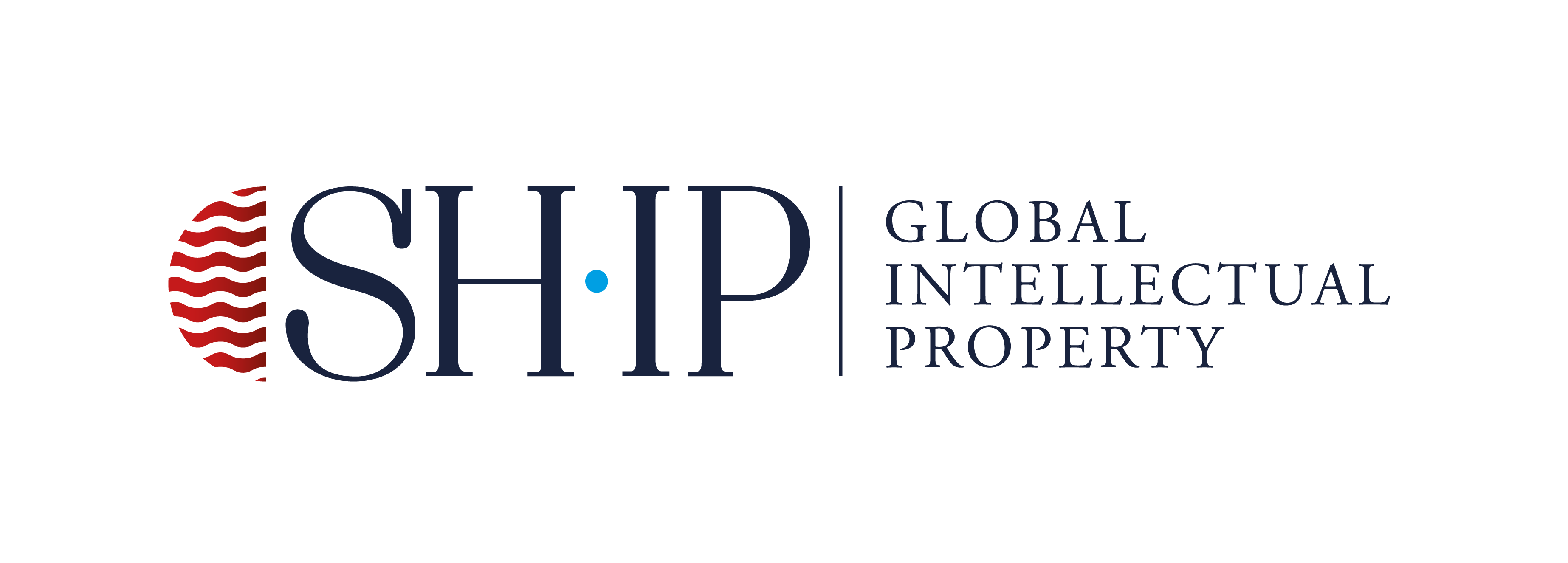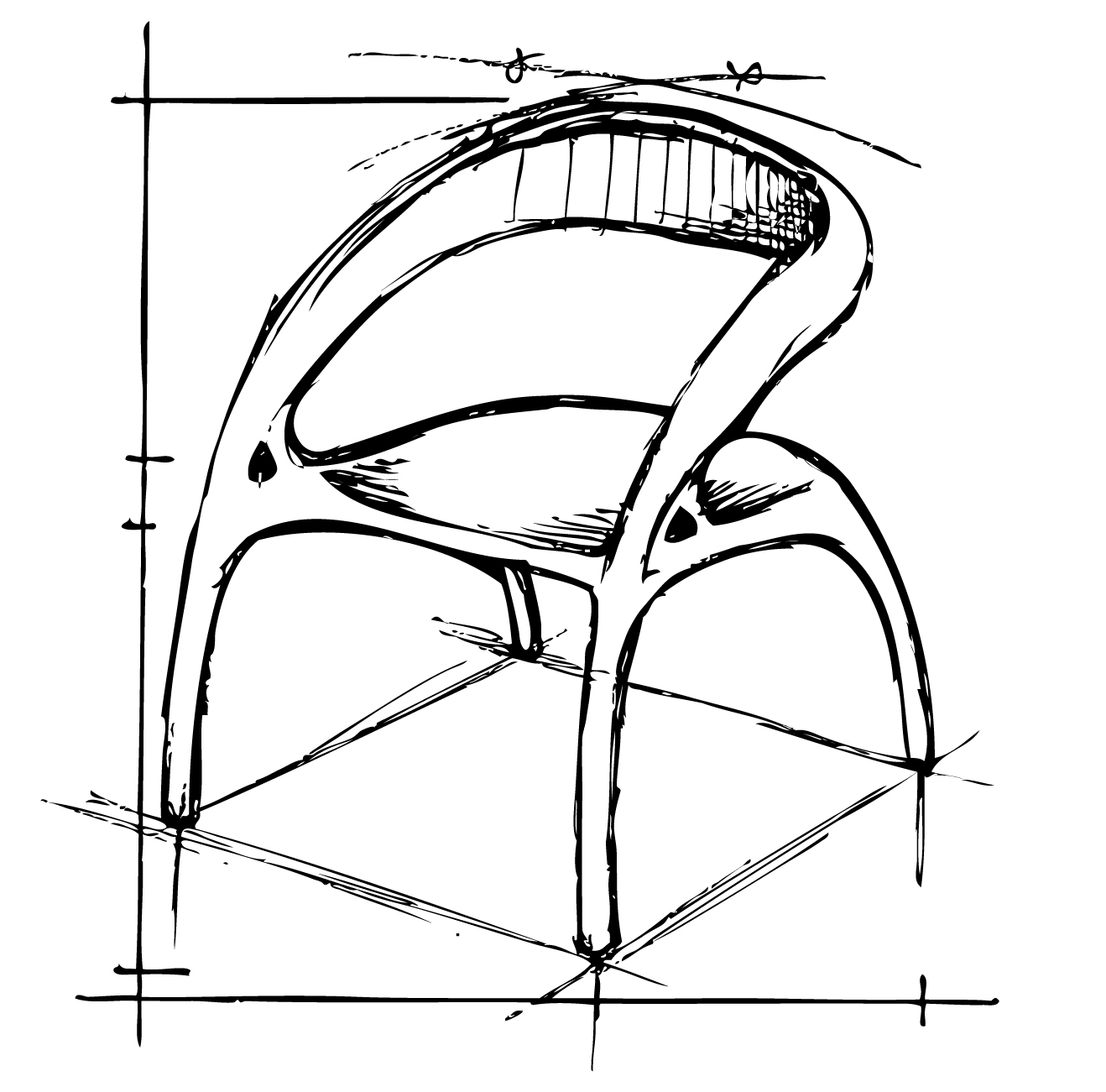
FRAND licensing and why is so important for technical standards
FRAND is the acronym for Fair, Reasonable And Non-Discriminatory. It generally comes up in antitrust cases when an owner of intellectual property rights (IPR) refuses to grant a license on FRAND terms. FRAND is a big part of how many of the world’s busiest filers license their patents.
We recently published an article about SEP and the importance it bears in Intellectual Property as a whole. SEP was a hot topic at London IP week in October 2019 closely followed by FRAND. So, we decided to compliment that article with this blog entry.
Ok so what’s the big deal about FRAND and why does it matter?
Well, FRAND allows anyone to access a wide range of standardized technology at a fair and reasonable rate, allowing them to build upon it for their own innovations.
Standards exist so that a magnitude of different manufacturers can produce technology from which other inventors can build from. Due to FRAND, consumers can be sure, for example, that any 5G phone from any manufacturer will correctly work with any 5G network.
As a society we want the best, most modern technology to be incorporated into the latest standards and that will involve incorporating already patented inventions.
While the inventor naturally should be entitled to a fair return for the use of their invention, in order for the standard to permit interoperability, the inventor shouldn’t be able to prevent others from using the patented invention incorporated in the standard as long as implementers take an appropriate license and pay a fair royalty.
In this way a balance is struck, in the public’s interest, between the inventor and the implementers. The appropriate license is one which is fair, reasonable and non-discriminatory. With this norm the public interest is served because telecommunication standards can be set using the best and most up-to-date technology available, and the inventor’s private interest is served because the FRAND undertaking ensures they or their successors will obtain a fair reward for their invention.
Why do companies even allow this?
Well, the answer is quite simple. By creating standards and opening access to the technology that promotes them; devices, vehicles, machines and technology from different manufacturers are better able to work together. It’s all about collaborative innovation and pushing the boundaries of future technology.
Brand licensing levels the playing field and supports the process of exchanging ideas while lowering the barriers to entry.
(FRAND is sometimes referred to as RAND or even F/RAND, but they are all similar). The FRAND requirement facilitates widespread use of the standard and ensures that each SEP owner benefits from the use of the patent without gaining an unfair bargaining advantage.
You will of course remember that back in April, Apple and its contract manufacturers, including Foxconn, claimed that since 2013, Qualcomm used its dominant position in semiconductor design to overcharge Apple on chip royalties, they asked for up to $27bn in damages, plus $3bn in rebates and restitution. In return Qualcomm denied any wrongdoing and wanted at least $7bn in royalty back-payments, plus a few billion in damages.
The latest case deals with the so-called Standard Essential Patents – the proprietary technologies that enable widely used technical standards, like those in wireless connectivity. Such technologies should be licensed on fair, reasonable and non-discriminatory (FRAND) terms – and Apple claims the terms it was presented with were anything but.
If you are willing to learn more about SEPs or FRAND, please get in touch with one of SHIP Global IP team members. At SHIP we offer you advice on the best strategy to follow and we accompany you through the life-cycle of your IP portfolio.












